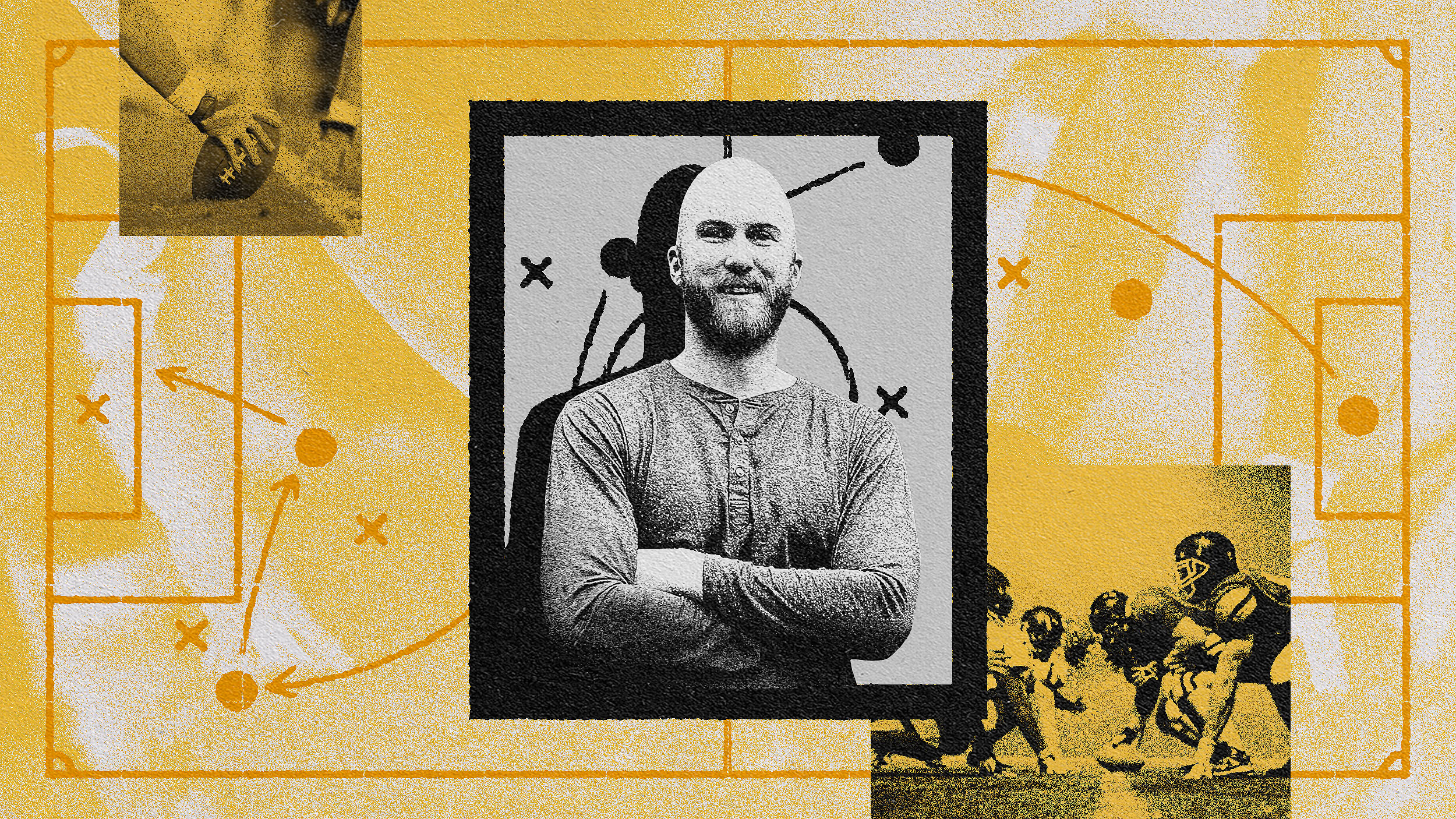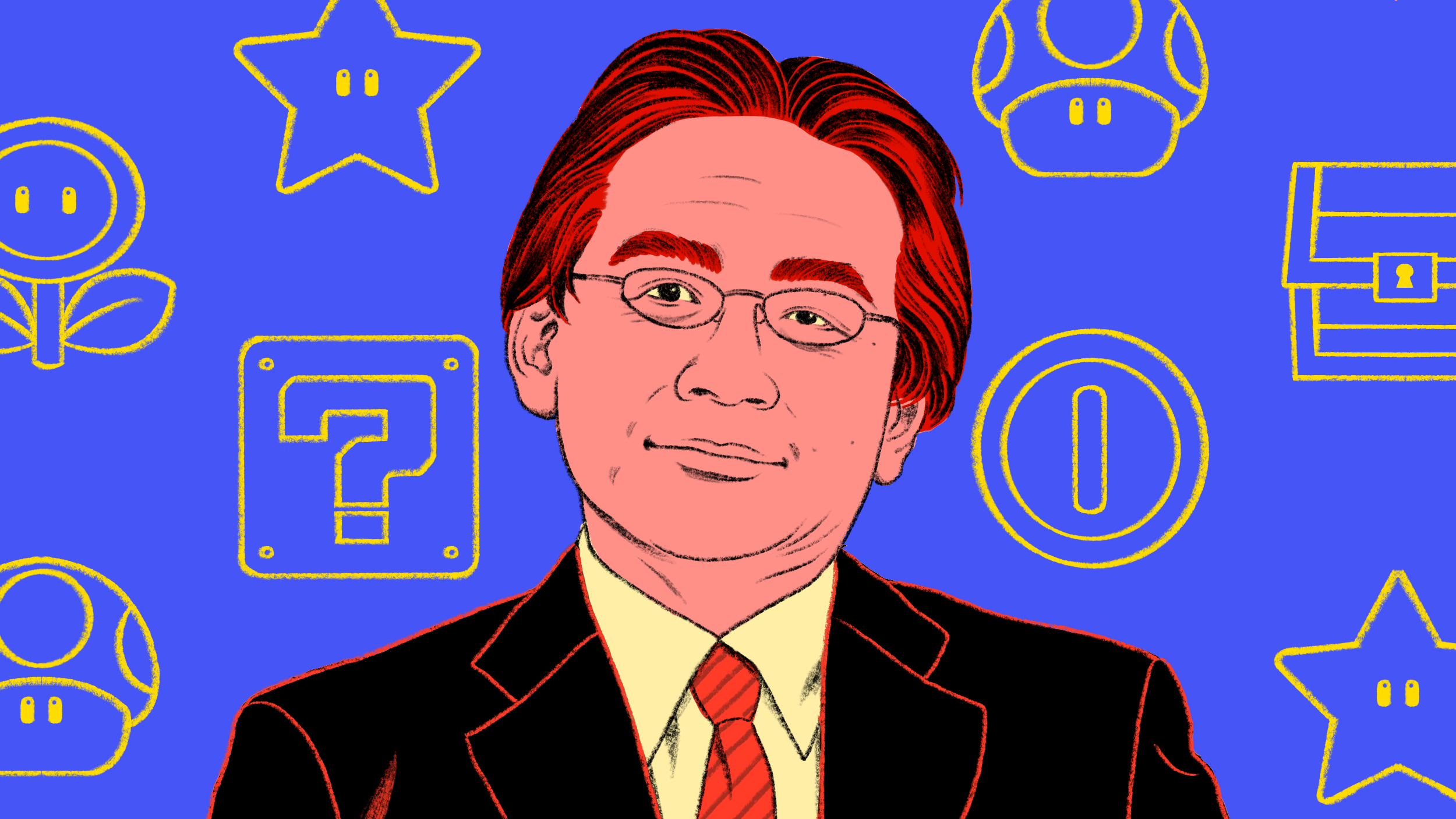Political scientist Brian Klaas uses philosophical thought experiments like the “trolley problem” to explore the moral complexities faced by leaders when making decisions under immense uncertainty.
According to Klaas, Winston Churchill’s choices during World War II serve as real-life examples of such dilemmas. Klaas identifies four factors — dirty hands, learning, opportunity, and scrutiny — regarding corruption in leaders. “Dirty hands” refers to leaders making harm-inflicting decisions when all options are bad; “learning” refers to leaders becoming more efficient at causing harm over time; “opportunity” signifies the increased chances of those in power to cause harm; and “scrutiny” refers to heightened public examination of leaders’ actions.
Klaas asserts that misinterpretations of these factors can lead to incorrect problem diagnoses and solutions. While these factors should not absolve leaders from accountability, they do provide a nuanced understanding of the complexities of leadership.
BRIAN KLAAS: If you've ever taken any sort of class in philosophy or read a basic philosophy book, you tend to encounter two thought experiments that try to test our moral intuitions- and they're called the 'trolley problem' or perhaps also the 'screaming baby problem.'
The trolley problem goes like this: You see a trolley or a train barreling down the tracks, and it's heading towards an individual who's on the tracks. Now, the trolley problem, as it's often formulated, is that there are two people on one set of tracks where a train is headed, and if you pull the lever and divert the train it will hit somebody else, but just one person. And the question is: Do you pull the lever? Do you divert the train?
So the thought experiment is trying to test our intuitions about how should we behave when we face impossible choices? And one example to illustrate this point is Winston Churchill in World War II. Winston Churchill had a secret that the Germans didn't know: during the middle of the war, they had cracked the Nazi enigma codes. They had cracked the codes that allowed the British government to actually understand exactly what the Nazis were saying to one another. The Nazis didn't know this. But the problem is once the Nazis realized the codes have been cracked, they are 100% immediately going to change the codes- so this created real-life trolley problems for Winston Churchill.
And one of them was an Australian ship that they knew was about to be torpedoed. Churchill decided not to warn them because if he warned them, and they diverted course, it would be a clue to the Nazis that the codes have been broken. He caused the deaths of the people who ultimately did die on that ship, but he did it because he believed that understanding that the codes had been broken among the Nazi-war elite would lead to decisions and changes in their behavior that would cause tens of thousands if not hundreds of thousands, even millions of more deaths, and the war being prolonged significantly more.
Modern presidents and prime ministers are making decisions all the time that hurt people, but they're making decisions that hopefully hurt fewer people than the alternative- and they're doing so in immense uncertainty. They don't know what the outcomes are going to be, and yet they're making the best choice they can. This is not to absolve leaders who inflict harm. We have to enforce the rules. We have to hold people accountable when they break the rules, when they abuse their power. But we should also think carefully about the logic of evaluating leaders, and only condemn the leaders who made bad choices relative to the alternatives.
One thing that's really important to understand when you evaluate people in power is what is the true effect of power corrupting, and what just looks like power corrupting? Because power has certain, weird effects on people. And I highlight four mitigating factors that make power appear to corrupt, when something else is actually going on: Those four I call the problem of dirty hands, the idea of learning, the problem of opportunity, and the problem of scrutiny.
So when it comes to dirty hands, it's the idea that people who are in positions of power often face awful choices; choices where there's only downsides. So you end up inflicting damage because there's no good option. That makes it look like you have dirty hands, when in fact, some of the time at least, the system is providing you with a series of options that are all bad. Your hands are going to get dirty no matter what, and the people who are out of power are the only ones who can keep their hands clean.
The second of learning is this idea that people learn to get good at being bad. If you imagine someone who's already a rotten person, a corrupt person, if you stick them into a position of power, they're not gonna know what they're doing, so they're not gonna be able to inflict harm as easily as somebody who's been in the job for 20 years. And as a result, what ends up happening is if you look at the data of harm that's produced by people in power, it might get worse over time. Not because the person has become worse, but because they've gotten better at being worse.
The third mitigating factor is this idea of opportunity. It's the idea that people who are in positions of power just have more chances, more opportunities to harm other people. So it's going to look like they are worse than the rest of us, because if you are the president or prime minister or general or CEO, you're going to have the ability to have your decisions hurt other people.
The fourth mitigating factor is this concept of scrutiny, and it's this idea that actually people in power, although I think they don't get enough scrutiny, still get a lot more scrutiny than the rest of us in terms of journalists looking into them and so on. And indeed, when you see lots of abusive power scandals, this is exactly what's happening. Bernie Madoff was bad from the start. Bernie Madoff's investment fund was always crooked, but only when he started making so much money did people start looking into this. And so it was a question of: Is he under the microscope? There have to be hundreds, maybe thousands of Bernie Madoffs out there who are just escaping scrutiny.
Now, when you put these four together, these four mitigating factors, they teach you a lesson: If you chalk up something to power corrupting, or a broken system attracting the wrong people or something like that, and in fact, what's happening is one of these four phenomena, you're going to come up with the wrong solution because you're gonna misdiagnose what's actually going on.
I'm very clear that we should not simply say, 'Oh, because of these four mitigating factors we should not hold leaders accountable.' We absolutely should, but they're just for us to make smart assessments of what's actually happening around power so we can make better decisions, both in punishing leaders who behave badly, and in fixing systems in the first place.
NARRATOR: Get smarter, faster with videos from the world's biggest thinkers. To learn even more from the world's biggest thinkers, get Big Think+ for your business.







